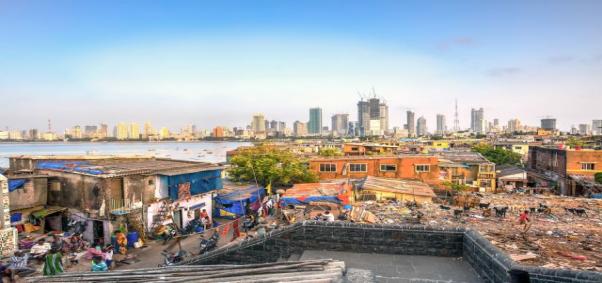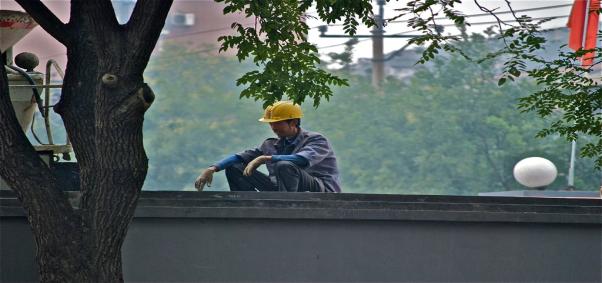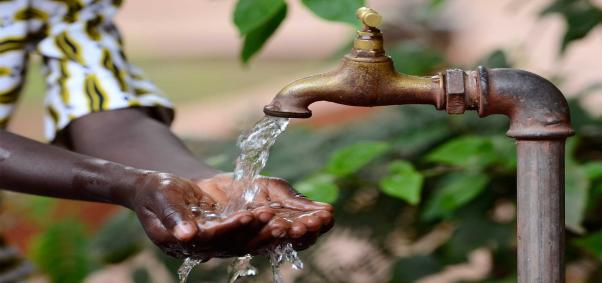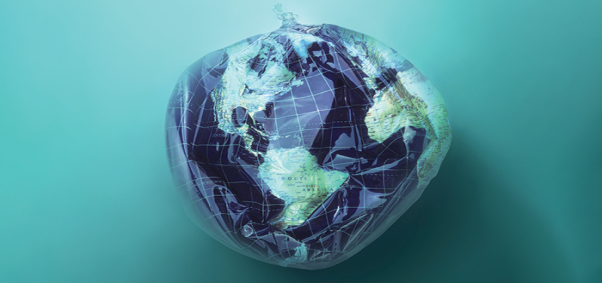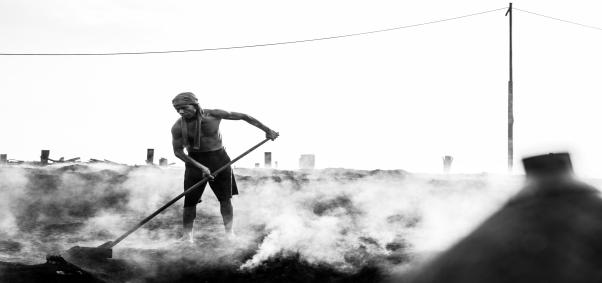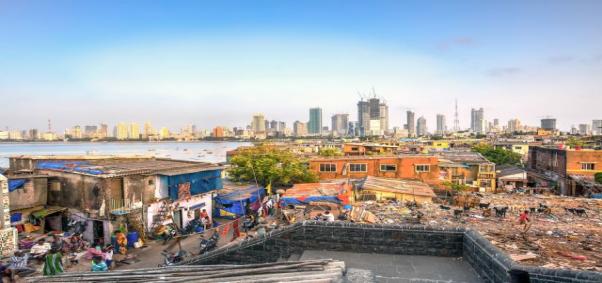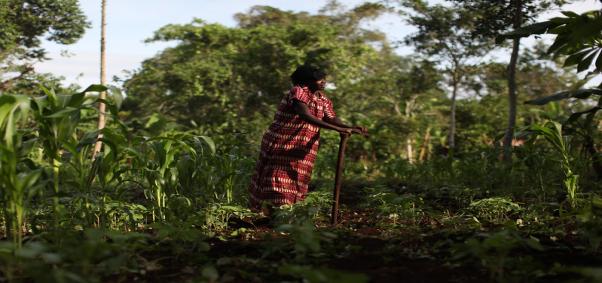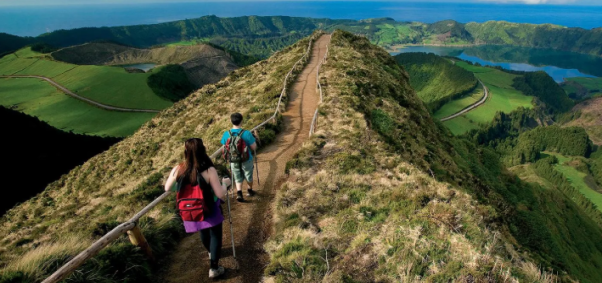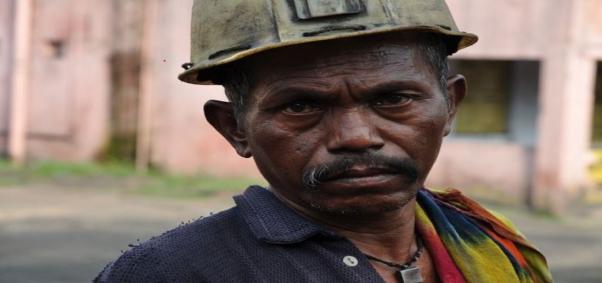With help, Africa can revitalise its economy under a new and resilient green framework, writes Carlos Lopes.
Governments must build back better after the COVID-19 crisis via inclusive, green and resilient growth, writes Helen Mountford
Enhanced nationally determined contributions can forge the way towards a more inclusive, resilient and sustainable world after COVID-19 – and the world’s major emitters should lead the way, writes Helen Mountford.
We must improve lives by shifting away from dirty, carbon-intensive industries. Low-income regions cannot do this alone. The world’s developed economies must invest in a better way, a more just way, writes Ngozi Okonjo Iweala.
What is true of the World Economic Forum is true of the world: To address the world’s most pressing issues, such as poverty and climate change, those who are most impacted must also have a seat at the table, writes Sharan Burrow.
Africa’s transition to a new climate economy is underway in many places. The question is: Will developed countries create a tail-wind or a head-wind?, writes Ngozi Okonjo-Iweala.
The tourism industry significantly impacts climate change and will be drastically affected by it. But there is an opportunity for the industry, for tourists and for host communities to benefit from sustainable approaches to tourism, writes Felipe Calderon.
Carbon pricing can command broad political support. But to do so, it needs to be accompanied by other policies and spending that support social and development goals, while at the same time supporting a just transition for workers and communities affected by the imposition of such taxes, writes Helen Mountford.

